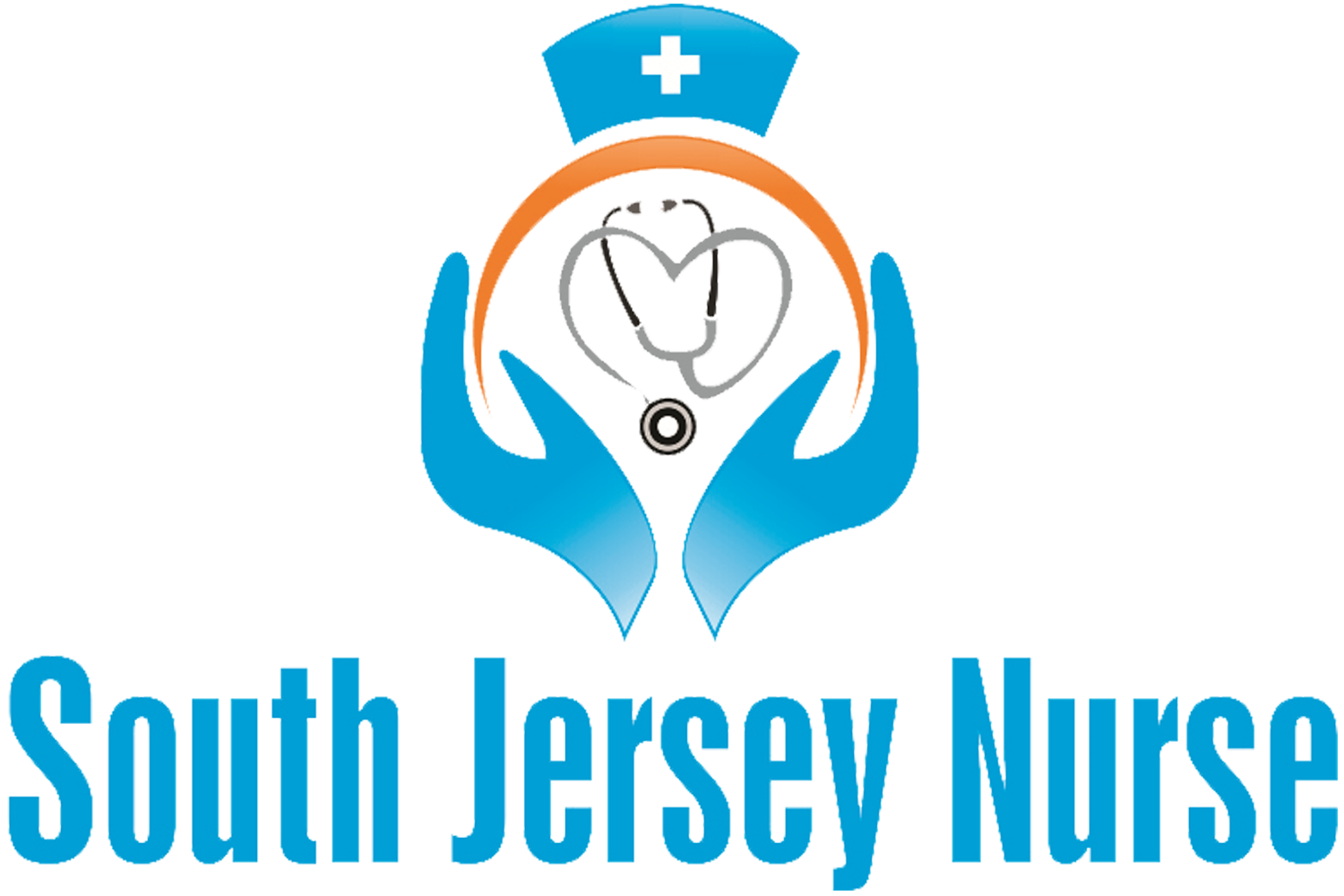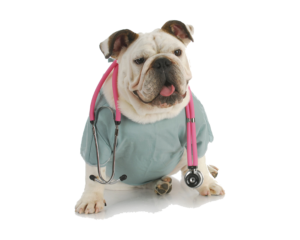
High Energy Snacks For Nurses To Boost Stamina
Nurses have to store up extra energy to last every grueling shift. Energy snacks for nurses most of the time consist of a variety of unhealthy snacks. Stressed and overworked nurses should go for healthier snacks that give more energy minus the additional calories.
The list consists of 8 high energy snacks such as popcorn, almonds, hummus, and red bell peppers. These snacks increase nursing stamina as well as provide additional nutrients like vitamin C.
Nursing stamina depends on the correct intake of energy snacks. If you want to know more about these healthy energy snacks, read this article to find out: 8 Power Snacks for Nurses.

Fun and Practical Self Care For Nurses
It’s easier to selflessly take care of others than take care of oneself. Self-care for nurses is very hard to do especially when you spend more time at the hospital than you do at home. However, you must remember that in order to help more people, you will have to make time to help yourself.
This article sums up an achievable list of stress management for nurses. Effective self-care does not necessarily mean you have to take extravagant vacations or long days off.
For example, the article highlights simple joys in life such as investing in a new set of scrubs or making time to catch the sunrise and sunset.
The article lists more ideas for your self-care regimen, read them here: 50 self-care ideas for nurses to recharge on days off.

Quick Full Body Workout For Busy Nurses
Squeezing in a quick full body workout can be challenging especially if you have a packed schedule. However, celebrity fitness trainer Jillian Michaels says otherwise. It is possible to have a quick body exercise at home. She shared two full-body exercises you can do at home. Another good thing is you can do these exercises at your own schedule.
Most exercise regimens in the internet tend to focus on one or two problem areas only. What’s great about Jillian Michaels’ routines are they are functional exercises that will help you in your daily hospital duties.
Follow Jillian Michaels’ recommended exercises here: 2 Fat-Burning Full-Body Exercises Jillian Michaels Recommends If You’re Short on Time.

Healthy Eating For Nurses Now Made Easy
Healthy eating for nurses? To achieve this on a regular basis sounds very idealistic. People usually associate healthy eating with the words expensive, hard to prepare, and time consuming. In this article, local health experts share their tips on how you can still get proper nutrition as a nurse on the go. More importantly, you can just incorporate these tips to your everyday diet.
Some of the changes you can incorporate to your everyday diet include eating a high-protein breakfast, consuming coconut oil, using bone broth during the winter, and avoid eating bread and pasta.
Finally, you can now fulfill your new year’s resolution of eating healthier! Read more about it here: Local Health Experts Eating Tips.

Best Compression Socks For Nurses: Why Do You Need These And How To Buy The Right Pair For Your Feet
Don’t you hate it whenever you have sore and swollen legs after your shift? It feels like it is already scheduled that just when you are ready to rest, you feel your legs throb in pain.
Aching legs and sore feet are common complains of nurses, discomforts which appear to be inevitable with the long hours of walking and standing required to fulfill their roles. However, it is a false belief. You can actually go home after your shift without having to experience sore feet and legs by wearing compression socks. The best compression socks for nurses reduce swelling and pain in the legs even after a long duty at the hospital. It can also prevent the formation of varicose veins. Even better, support socks for nurses are a great match-up to your scrubs!
Compression Socks: Must-Have for Nurses
Wearing the best compression socks for nurses is a must to meet the high demands of their work without compromising their legs and feet. Compression socks compress the veins in the legs, helping the blood stuck in the legs get back to the heart. Therefore, these aid in better blood circulation.
Feet and legs protection are the main reason why nurses wear compression socks. These support socks can vitally protect your legs from damage while you’re always on the go during your duty. By not compromising your feet and legs health, you are more capable to deliver excellent care to your patients.
The Great Benefits Of Compression Socks For Nurses

Wearing the best compression socks for nurses bring several benefits. These are benefits you can’t miss as a nursing professional. Below is the list of great benefits you can seize by simply wearing these support socks:
Ease Leg Pain
Leg pain affects every nurse on duty. The good thing is that compression socks for nurses help ease leg pain. Less leg pain means completing tasks more swiftly and efficiently. More importantly, you can be more focused on what matters—making the rounds and helping your patients recover.
Reduce Leg Swelling
Another problem with standing for long hours is leg swelling. Standing for long hours at the nurses’ station can pool fluids in your calves. The lower parts of your legs as well as your feet can be prone to swelling. Who would be happy to have an elephant-looking pair of legs? Leg swelling can be unsightly and irritating for many. By wearing compression socks, leg swelling is being reduced and controlled.
Warms Your Legs On Cold Days
Harsh winters can intensify existing leg injuries and ailments. If you are suffering from these ailments, protect your legs using compression socks. Compression socks can keep your legs warm while helping them relax at the same time. The tight-woven fiber that makes up the specialized compression socks also keep in heat in your legs for longer.
Decrease The Risk Of Injury
Walking or standing for long hours can put intense strain on your feet. As a result, nurses are more prone to leg injury than you think. Some of these possible injuries include Achilles tendonitis and ankle sprains. These injuries occur in people who are constantly on their feet. If you are flat footed, there is also the additional risk of having a sudden drop in your blood pressure when standing for long. You can avoid these risks by wearing compression socks. Compression socks straighten the calf muscles and keep your legs snug and tight.
Stop The Formation Of Varicose Veins
Standing for long periods of time is one of the leading causes of varicose veins. Varicose veins can be painful especially if it is not addressed properly. It can cause cramps, itching, and bleeding. Much worse, these veins can prevent you from standing for long hours—impeding your efficiency to fulfill your duties at the hospital. Compression socks prevent and treat varicose veins by giving your legs a gentle pressure. This increases the pressure up your legs. This minimizes the backward flow of the blood, preventing the blood from pooling.
The benefits from wearing compression socks can undoubtedly help you increase your productivity during your duty. It is a worthwhile investment that can help you for years to come.
How To Choose For The Right Compression Socks For Nurses

You can’t just wear any compression socks. You need to find the right ones! To guide you in your choice, we have put together the crucial details you should consider to help you get your best pairs:
1. Buy Socks That Will Help You During Long Days (And Nights) At The Hospital
The most important consideration in choosing compression socks is that it should be able to help you endure your long nights of duties at the hospital. Therefore, you need to invest on a high quality pair of compression socks. The right compression socks for nurses should address your needs as a nurse on the job and prevent leg cramping, soreness, and joint pain. Your choice of compression socks should be able to relax the legs even while standing and eliminate or lessen leg fatigue.
2. Find Out The Right Level Of Compression
The best compression socks for nurses should be able to give you the right level of compression. There are two kinds of compression socks that are recommended for nurses: 20-30 mmHg and 15-20 mmHg.
Compression socks for nurses 15-20 mmHg is recommended if you want to get the basic level of compression. On the other hand, compression socks for nurses 20-30 mmHg already need a prescription.
Your choice will depend on your need and level of activity. If you simply want to reduce the appearance or severity of varicose veins, the compression socks for nurses 15-20 mmHg are already good enough. Meanwhile, compression socks for nurses 20-30 mmHg are recommended if you have advanced leg problems. The higher amount of compression can help you complete more duties while lessening the effects of your leg ailments.
3. Compression Socks Should Match The Arch Of Your Feet
People tend to overlook the arches of their feet when buying shoes or socks. However, these are important, especially for people who are always on their feet. For starters, there are three different types of arches. These include the low arch, medium arch, and high arch. Low arch includes those who are flat-footed.
If you consider yourself low arch, you need more support on your feet. Compression socks can give you the proper leg support you need. Having feet with medium arch means that the arch of the foot is more defined. People with medium arches have lesser leg problems compared to people with low arches. However, this doesn’t mean that people with medium arches are completely free from having common foot problems. Compression socks are still a good buy for people with medium arches.
4. It Should Reflect Your Personality
We know that sticking to the same white uniform every day can be boring. You can get creative again by choosing colorful compression socks. Compression socks have various designs that can showcase your unique personality—giving you the combination of fashion and function.
5. Get The Right Fit
Compression socks will only work if it fits your leg perfectly. To get a perfect fit, you will have to get the right measurements of your foot, your calves, and your thighs. You might want to visit a podiatrist to help you in deciding.
Compression socks also come in varying heights. There are knee-high compression socks as well as thigh-high compression socks. Thigh-high compression socks are recommended for starters. Thigh-high compression socks work well to address common leg aches.
5 Best Compression Socks For Nurses

Compression socks can be bought over the counter in both traditional and online stores. Here are some products that we recommend for nurses:
Sockwell Compression Socks
Sockwell’s compression socks have quirky designs that are refreshing to the eyes.
It comes in different designs: quirky, formal, for men, and for women. It also boasts of using the finest American-sourced wool for its socks. The company takes the extra mile in caring for the environment as well by using renewable sources for fibers. Sockwell compression socks also provide both relaxed fit and specialized fit options for diabetics. In addition, Sockwell socks are very durable.
Pros:
- Graduated compression
- Specialized fit options: diabetics, metatarsal relief, bunion relief, plantar relief
Crazy Compression Socks
If you are thinking where to buy compression socks, try looking at Crazy Compression Socks’ products. Crazy compression socks have been perfected from years of development. They are sure to deliver your desired level of compression. What’s great about it is that they base their sizes on your shoe size. They even make customized socks depending on your preference.
Pros:
- Proudly made in the USA
- Easy fit
- Sock sizes based on shoe size
CopperJoint Copper-Infused Long Compression Socks
Those who are long-suffering from leg fatigue may consider this product. CopperJoint’s copper-infused socks can help you endure your shift for longer. Plus, copper-infused socks have excellent antimicrobial properties. This will enable you to wear your socks all day.
Pros:
- Copper-Infused design
- Comfortable
- Reduces odor
- Antimicrobial
CPR Compression Socks
CPR Compression socks are one of a kind. They even provide a 100% money back guarantee on their compression socks. CPR compression socks are recommended to try for nurses who want to prevent the build-up of moisture in their feet. CPR compression socks are mixed with silver. These socks can eliminate odor and provide graduated compression at the same time.
Pros:
- Money back guarantee
- Prevents moisture
- Odor-free
Treat My Feet Compression Socks
Treat My Feet’s medical-grade compression socks come in various designs and features. There are different compression grades depending on your need. They are also thin enough for easy slip on.
Pros:
- Various designs
- Fights odor
- Provides the right level of compression
With this list of choices, it shouldn’t be hard for you to choose for the right pair of compression socks. By constantly using compression socks during your shift, you will prevent blood from pooling in your legs. This means, it’s time to say goodbye to severe less leg swelling and feet pain. Because compression socks help blood from the legs to flow back to the heart and to the rest of the body, you will also gain added comfort and strength to endure long hours of standing. So if you don’t have these yet, make sure to grab the best compression socks for nurses as soon as you can.
What is your personal experience from wearing compression socks in fulfilling your duties as a nurse? Do you have tips to share to your fellow nurses as they get their own pair of compression socks? We would love to get your insight. Share it in the comment section below.
References:
- Berkley Wellness (September 22, 2016). Compression Stockings: A Guide. From: http://www.berkeleywellness.com/self-care/over-counter-products/article/rough-guide-compression-stockings
- Rachel Nall (2018). Do compression stockings help to treat varicose veins?. Medical News Today. From: https://www.medicalnewstoday.com/articles/321662.php
- WebMD (2017). How to Choose and Use Compression Stockings. From: https://www.webmd.com/dvt/choose-compression-stockings


